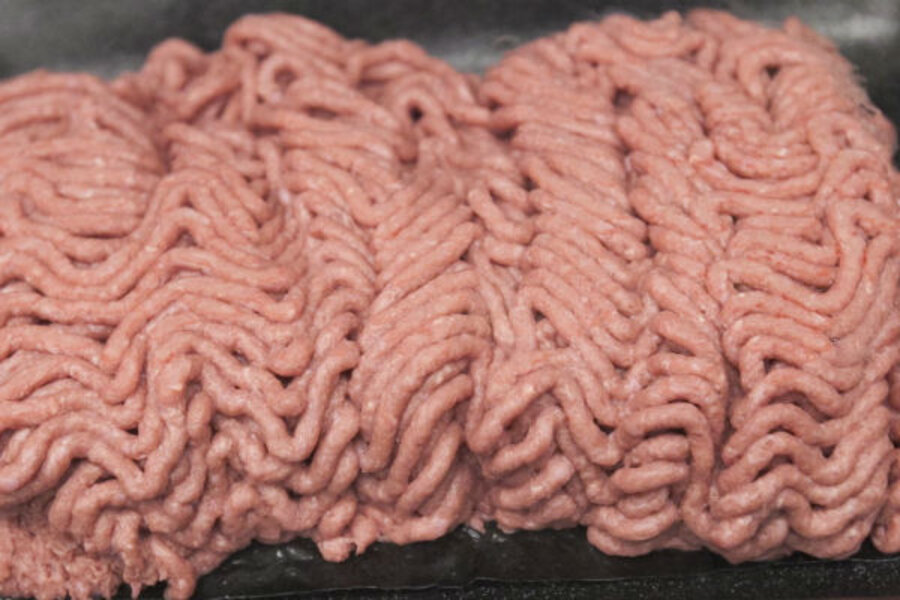'Pink slime' author unapologetic to industry, consumer concerns
Loading...
| New York
"Pink slime" was almost "pink paste" or "pink goo."
The microbiologist who coined the term for lean finely textured beef ran through a few iterations in his head before he decided to send an email about the filler to a co-worker at the U.S. Department of Agriculture a decade ago. Then, the name hit him like heartburn after a juicy burger.
"It's pink. It's pasty. And it's slimy looking. So I called it 'pink slime,'" said Gerald Zirnstein, the former meat inspector at the USDA. "It resonates, doesn't it?"
The pithy description fueled an uproar that resulted in the main company behind the filler, Beef Products Inc., deciding to close three meat plants this month. The controversy over the filler, which is made of fatty bits of beef that are heated and treated with ammonium to kill bacteria, shows how a simple nickname can forever change an entire industry.
In fact, the beef filler had been used for decades before the nickname came about. But most Americans didn't know — or care — about it before Zirnstein's vivid moniker was quoted in a 2009 article by The New York Times on the safety of meat processing methods.
Soon afterward, celebrity chef Jamie Oliver began railing against it. McDonald's and other fast food companies later discontinued their use of it. And major supermarket chains including Kroger and Stop & Shop vowed to stop selling beef with the low-cost filler.
Bettina Siegel, a food blogger who posted an online petition asking the USDA to stop using the filler in school lunches, said the controversy isn't based on the term alone. She said consumers are just upset that the filler is not what they think they're getting when they buy "100 percent ground beef."
But Siegel acknowledges that the name doesn't hurt her cause, either. She said the term "filled a vacuum" in the public arena about the filler; her petition, "Tell the USDA to STOP Using Pink Slime in School Food" had more than 200,000 signatures within a week.
Beef Products, which makes the filler, blames its plant closings on what it calls unfounded attacks. About 650 jobs will be lost when plants in Amarillo, Texas, Garden City, Kansas, and Waterloo, Iowa close on Friday. Another plant in South Sioux City, Neb., will remain open but run at reduced capacity.
Still, the company, based in South Dakota, said it's not considering changing the filler's name. Instead, Beef Products set up a website, beefisbeef.com, to combat what it calls "media-perpetuated myths" about the filler.
Meanwhile, the author of the term "pink slime" makes no apologies about his creation. Zirnstein, who has since left the USDA, said he thinks "pink slime" is a better descriptor than "lean finely textured beef."
"It says it's lean. Great. But it doesn't describe what kind of lean it is," said Zirnstein, who doesn't think the product should be mixed into beef. "Textured. What does that mean?"





